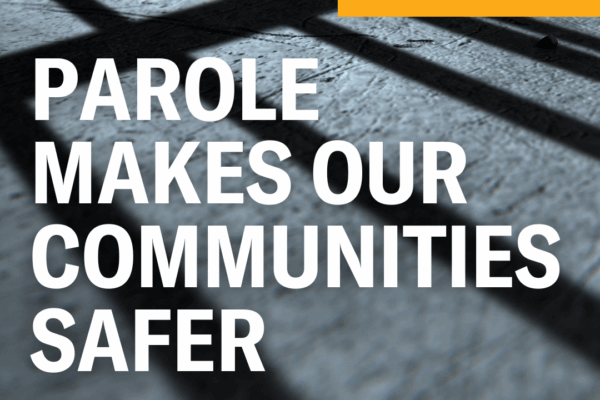The Alaska Board of Parole holds a singular annual public meeting to provide a review of the Alaska parole system. This is open to the public, and attendees have the opportunity to provide comments and ask questions of the Board regarding its activities.
Read our 'Parole 101' blog here.
This year, the Alaska Parole Board held its annual public meeting on one of the busiest and most intense days for Alaskans and people across the country: Election Day. The Board Chair, Leitoni Matakaiongo Tupou, explained the disregard for the one of the most important days in our democracy was simply an oversight. This lack of attention to detail and respect for public process was the first statement in an hourlong conversation raising concerns about the parole process.
Despite the poor scheduling, we recorded the meeting, and summed up our key takeaways below.
- The Board claims to be color-blind and doesn’t believe that race plays a part in its decision-making. This was a disturbing response to concerns raised about the fact that it disproportionately denies parole to Alaska Native and Black applicants. The Board deflected questions asking about their willingness to participate in anti-racism and DEI trainings.
- The Board is not held accountable for maintaining public information about the people it grants and denies parole to. It stopped reporting demographic data in its annual report last year and didn’t provide a clear answer as to why. The Board also does not collect data on the reasons why parole was denied or granted. More robust statutory requirements for what the Board must report publicly would increase transparency.
- The Board is inconsistent in how it weighs release decisions. There are currently four statutory criteria that the board must consider, and nearly 20 considerations in regulation. They couldn’t clearly articulate what weight they put into each consideration, but mentioned that review of the crime committed, impact statements from victims, and statements from supporters of release were factors they consider
- The Board wishes to see greater access to substance use and mental health treatment, specifically naming Alaska’s only maximum-security prison, Spring Creek Correctional. We agree.
- The Board agrees that investments in public education and community support would help prevent Alaskans from even having to come before the Board in the first place.
We were heartened to hear passion from the board’s three most veteran members, expressing joy and pride when they see parolees succeeding, a sentiment shared by the ACLU of Alaska's Prison Project. Members of the board were also open to discussing term limits and were willing to have a public discussion about the importance of in-person hearings.
Now- what do we do with this?
It’s time for us to start talking about reform for the Board of Parole in the Alaska legislature, which convenes in January. Last year, Senator Löki Tobin introduced legislation to change the makeup of the Board of Parole to include members with more diverse experiences that could better assess if someone is fit for parole and to protect the judicial authority of the court, which determines sentencing, a process that includes consideration of, the severity of the crime. We’re going to be supporting this legislation again, and we need Alaskans to stand with us. Send a message to your state legislators supporting parole reform in the upcoming legislative session.

